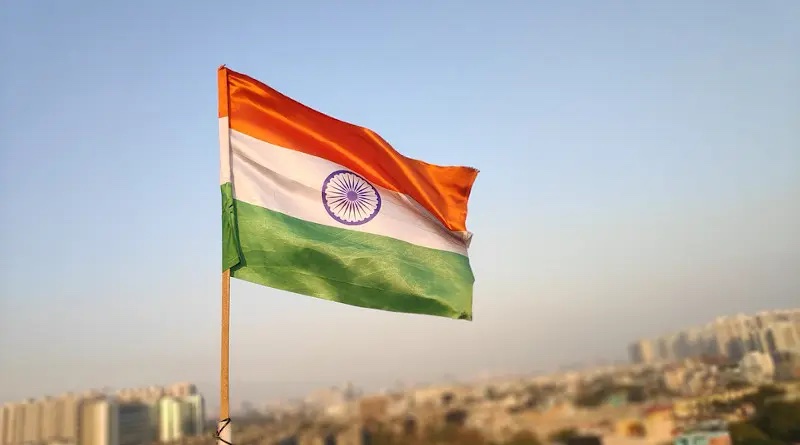India’s Troubling Majoritarianism – OpEd
By Qudrat Ullah
There is anger in Muslim world against India for the blasphemous remarks regarding Holy Prophet Muhammad made by Nupur Sharma and Naveen Jindal, the two members of Hindu nationalist ruling BJP. Indian Externals Affairs Ministry scrambled to damage control by describing both the members “fringe elements” and saying they did not represent the views of Modi government.
After Muslim nations including Saudi Arabia, UAE, Qatar, Kuwait, Iran and Pakistan protested and called for public apology, the BJP suspended its spokeswoman Nupur Sharma and expelled media cell head Naveen Kumar Jindal. Unlike in the past in the events of “Delhi Riots 2020” and the abrogation of special status of Jammu and Kashmir in 2019, this time India is feeling the heat from Muslim world.
To lessen the diplomatic fall out, Indian authorities are now taking action and on Thursday, New Delhi Police filed a complaint against a Nupur Sharma for “inciting people on divisive lines” on social media. Meanwhile the ruling BJP has also instructed its members and officials to be “extremely cautious” when talking about religion on public platforms.
Ashutosh, Indian journalist, told DW that the demonization of Islam and minorities has become a serious issue since Narendra Modi became the Prime Minister in 2014. After the latest remarks by BJP’s member, he is of the view that there might be restraint but the core will remain the same; the language will change and the targeting of Muslims will remain the same.
Though the Muslim world remain limited to statements when Delhi Riots took place, but this time the BJP has crossed the “red line” when it allowed Holy Prophet Muhammad to be criticized by its members. Bollywood actor Naseeruddin Shah has said that those two members were not “fringe elements” as BJP claimed, but were representing the part on national level.
By taking action against Nupur Sharma, Modi’s ruling party is waiting for the worst to get over, but the diplomatic fallout will continue. Foreign policy experts are of the view that Modi’s continuous efforts in his tenure to improve economic ties with energy-rich Muslim nations have come under stress by these blasphemous remarks.
Analysts are of the view that if the top Indian leadership do not make public statements on the issue, may run the risk of damaging India’s ties with Arab world. Former Indian diplomat Anil Trigunayat said India was in a difficult situation and only sincere efforts at the leadership level could prevent negative fallout.
While keeping in view the strong economic relations between India and Muslim world, and the presence of large Indian Diaspora in Gulf, analyst Michael Kugelman told BBC that “there might be limits to how far these countries would go in responding to these anti-Muslim comments”.
In India itself, the minorities including Muslims are facing much hatred and discrimination by the hands of the Hindu nationalists belonging to BJP and RSS. U.S. Secretary of State Anthony Blinken, while releasing the “2021 Report on International Religious Freedom”, said “In India, the world’s largest democracy and home to a great diversity of faiths, we’ve seen rising attacks on people and places of worship”. US Ambassador-at-Large for International Religious Freedom, Rashad Hussain said: “In India some officials are ignoring or even supporting rising attacks on people and places of worship”.
While India has rejected U.S. report on religious freedom in the country, it also slammed OIC Secretariat’ statement over blasphemous remarks. The combative response is believed to be the result of the BJP’s followers who are criticizing the ruling government for taking too much pressure on diplomatic front.
India being the largest democracy has the responsibility of protecting the rights of its minorities and ensuring their religious freedom. The nations which it has economic and defense ties would hope India to respect Human Rights.
Certainly the events of the past few days have been an important reminder of the seamless interconnectedness of the world and the international fallout over blasphemous remarks should be a wake-up call for India and the divisive politics it is doing can have international ramifications. Qudrat Ullah is a freelancer and media activist. He writes on political developments and security issues with special focus on South Asia and the region. He can be reached at [email protected]

